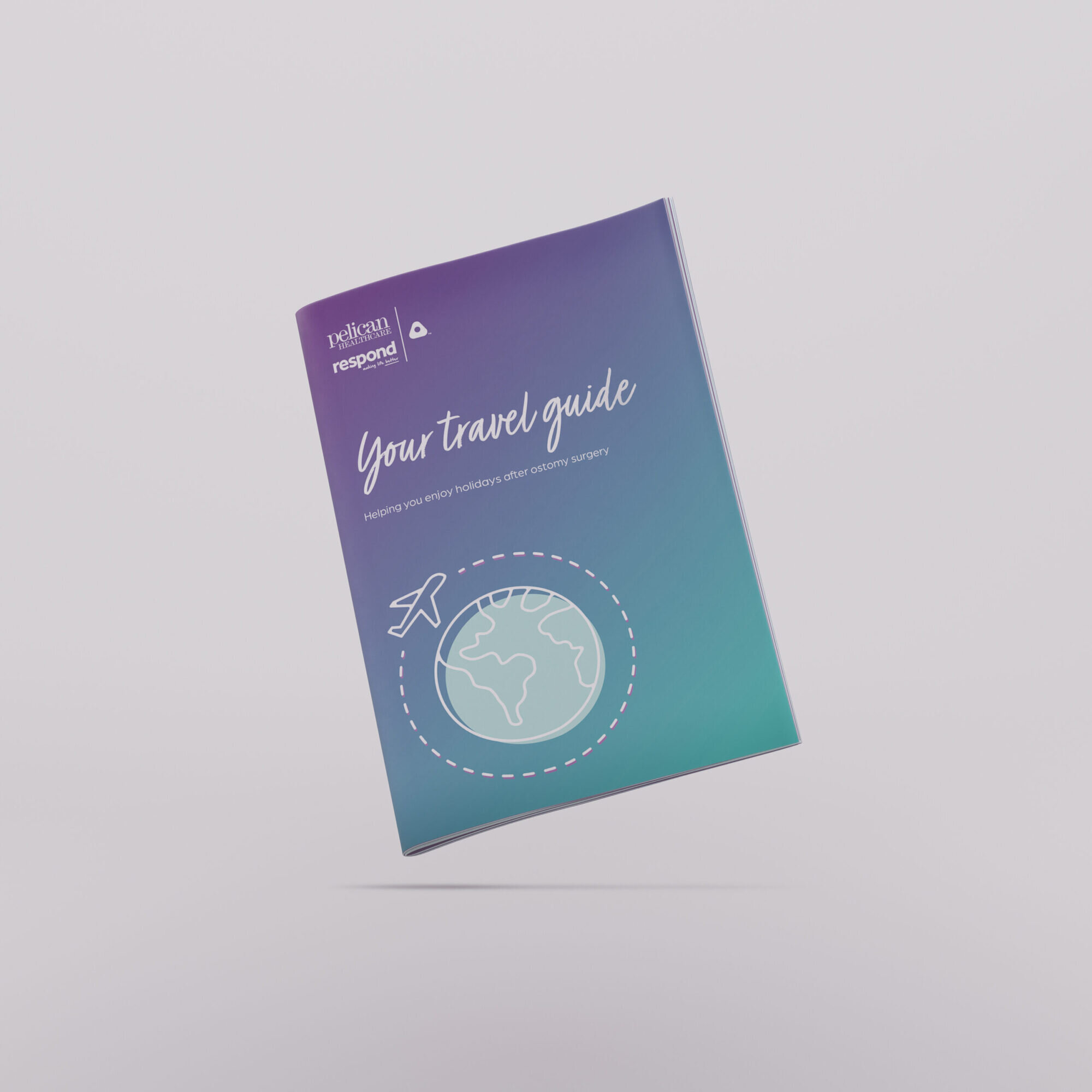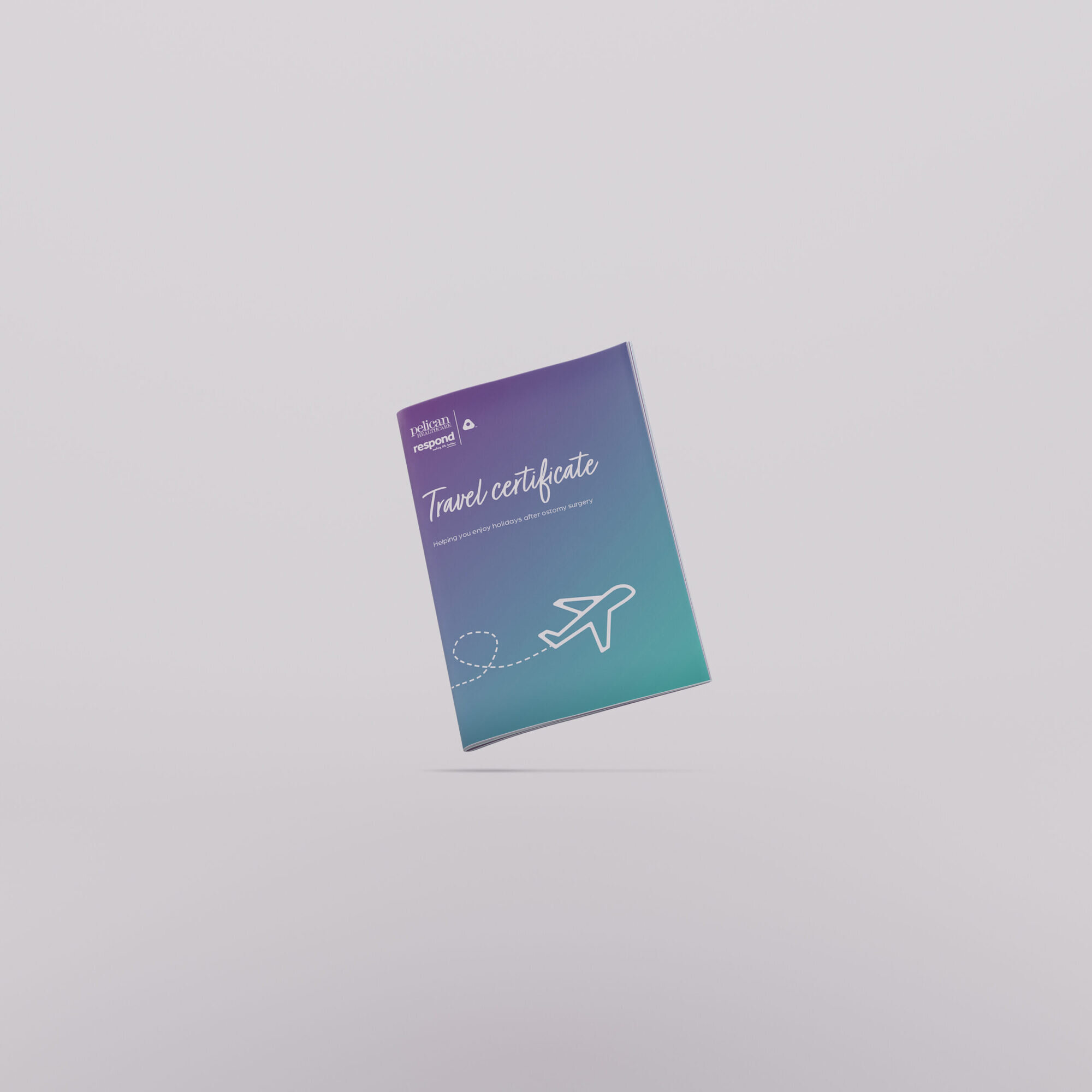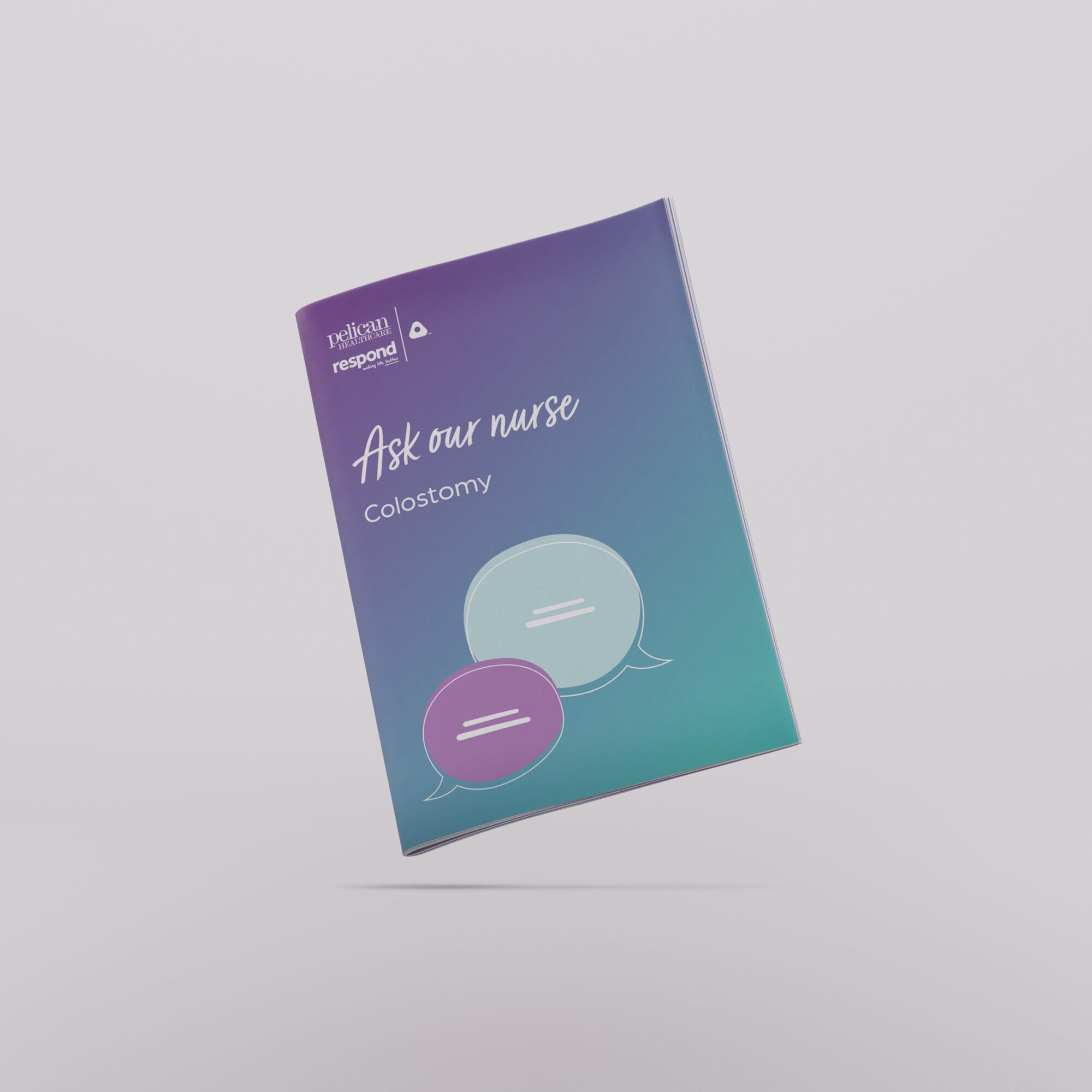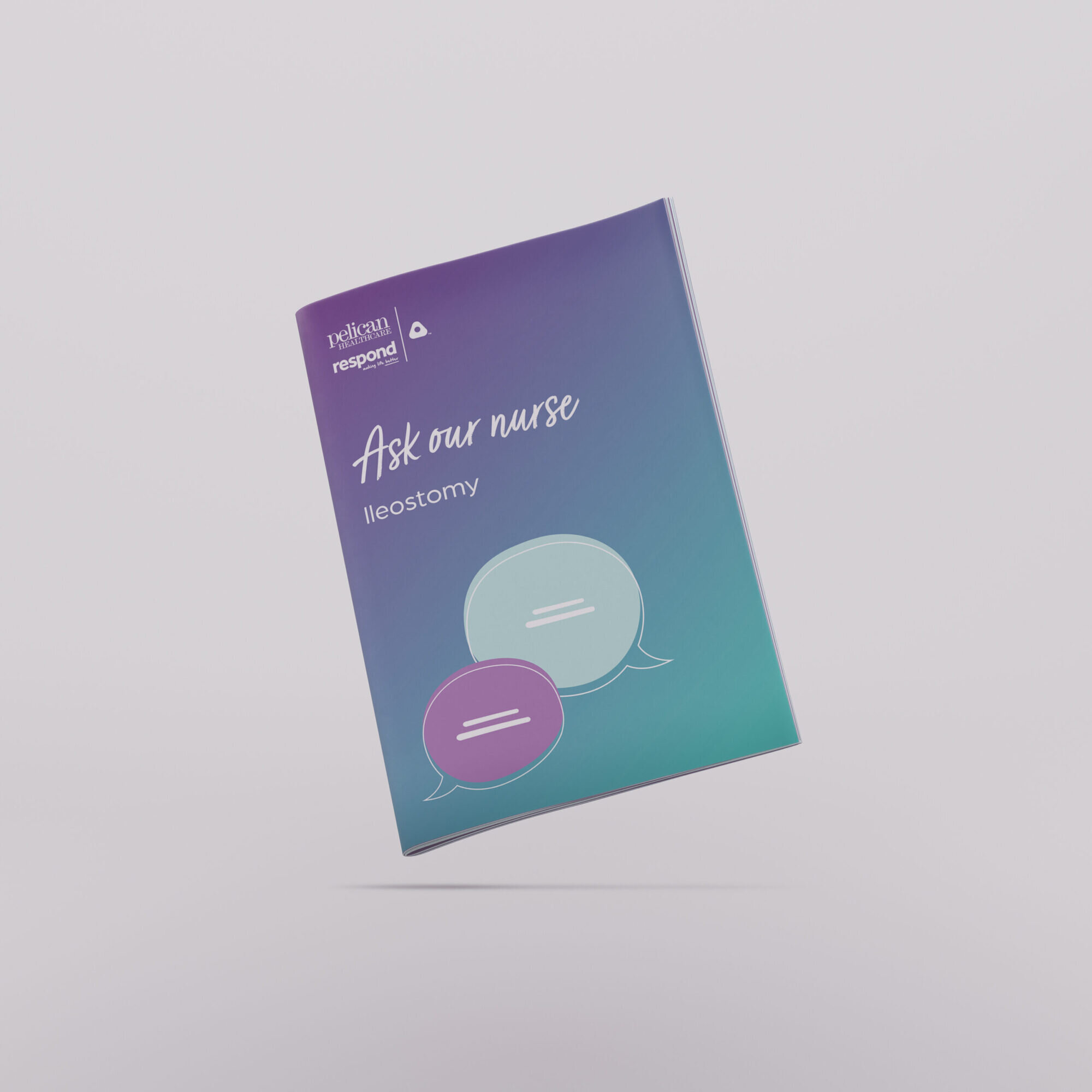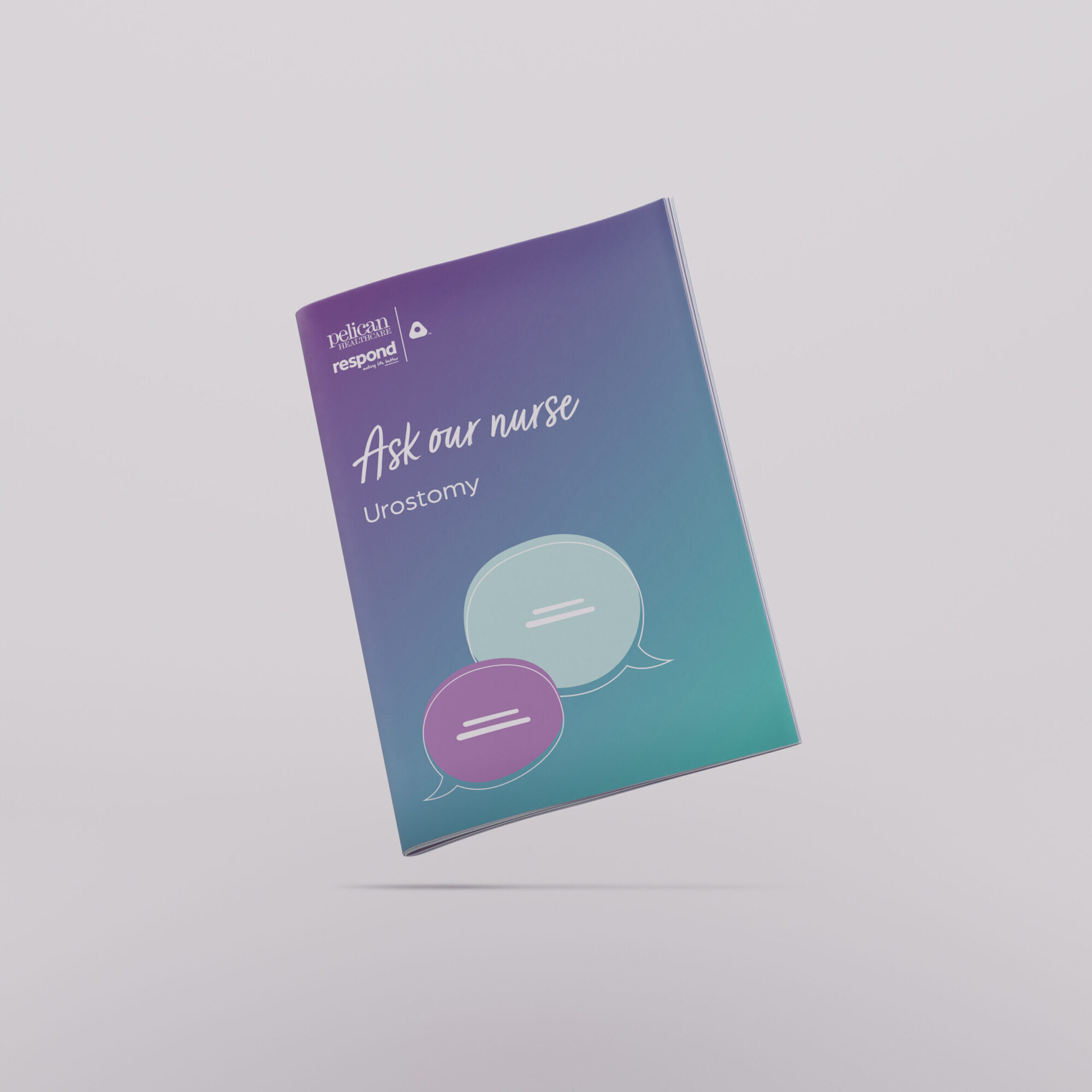What you need to know before you travel with a stoma
Whether it’s sunny beaches, snowy mountains, or a bustling city – holidays are great for escaping, exploring, and relaxing. Once you’ve healed from stoma surgery, adjusted to your routine, and figured out your dietary preferences, you’re ready to hit the road whenever you feel up to it. To ensure smooth sailing, especially with a stoma bag in tow, a bit of pre-travel planning goes a long way. Here’s what to keep in mind before embarking on your journey:
Get the right travel insurance
Before embarking on your holiday adventure, don’t forget to secure the right travel insurance. Let your insurer in on the stoma situation, along with any other medical conditions you might have and your health journey. This ensures that you’re covered for smooth sailing. Here are some top-notch providers to consider for your stoma travel insurance:
- Travel Insured – offers travel insurance specifically for pre-existing medical conditions. Call them on 0845 850 1066 or click here to find out more.
- SAGA – offers travel insurance exclusively for people over 50. Call them on 0800 015 0757 or click here to find out more.
- Age UK – offers travel insurance with no upper age limit and will also cover pre-existing medical conditions. Call them on 0800 389 4852 or click here to find out more.
Don’t forget your European Health Insurance Card (EHIC)
Travelling to a country in the European Economic Area (EEA) or in Switzerland? Make sure you get your hands on a European Health Insurance Card (EHIC). If you happen to have an accident or become ill while you’re travelling, this card lets you access free or reduced-cost medical treatment in most European member states. If you’re 16 or over, you can find out more and apply for an EHIC card here.
Navigating airport security and body screening
Heading abroad? Grab yourself a travel certificate – available in multiple languages – to breeze through security hassle-free. This certificate, detailing your situation and any necessary equipment, is a must-have during your travels. Keep it close at hand as security personnel may request to see it.
You can obtain a travel certificate from various sources, including your stoma care nurse, the Ileostomy Association (IA), Colostomy Association (CA), or Urostomy Association (UA). For added peace of mind, consider requesting a letter from your GP as well.
At airport security, be prepared to step into a body scanner. While these scanners don’t reveal internal body parts, they can detect your stoma bag. Fortunately, security officers are trained to handle this situation with sensitivity and professionalism, but you may need an additional search in a private room. Your travel certificate will serve as your trusty ally in navigating this process smoothly.
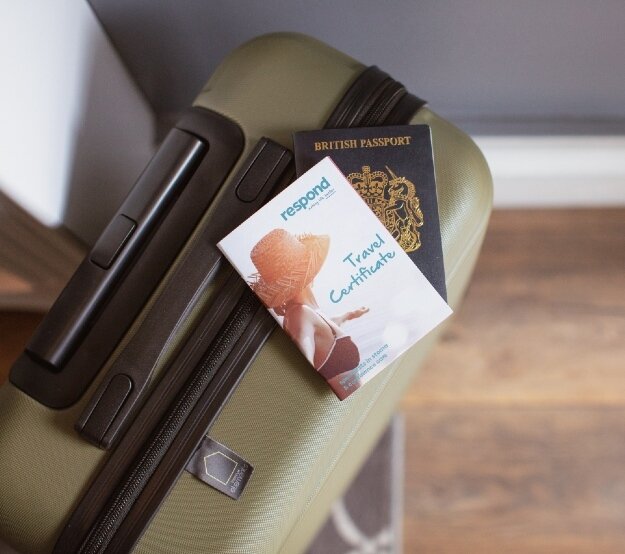
Packing your supplies
Flying to your holiday spot? Pack half of your stoma care gear in your carry-on, just in case you need a quick bag change mid-flight or if your checked baggage decides to take an extended vacation of its own.
Remember to pack scissors and aerosols in your hold luggage, and prep your pouches before you jet off. If DIY cutting isn’t your thing, our complementary stoma bag cutting service has got you covered.
Bringing prescription meds along? Check for any travel restrictions at your destination. Keep your meds in their original pharmacy-issued packaging and consider getting a note from your GP explaining their necessity. Just a heads-up: your GP might charge a small fee for this service.
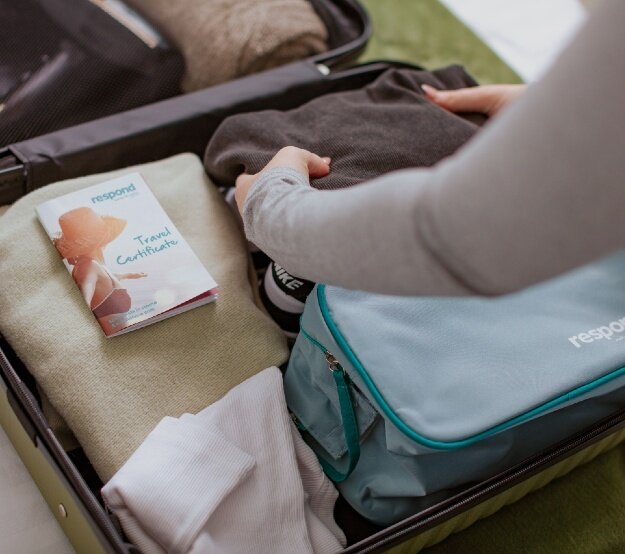
Eating and drinking on holiday
Sampling new cuisines is a delightful part of traveling, but it can sometimes upset digestion. Here’s how to enjoy culinary adventures with ease:
- In warmer climates, avoid foods, especially shellfish, that have been left out for too long.
- Wash raw fruits and veggies thoroughly before enjoying.
- Opt for bottled water and skip ice cubes to stay safe.
- Keep alcohol consumption moderate and balance each drink with water to prevent dehydration.
Stay hydrated
Speaking of hydration, it’s essential, especially in hot climates where dehydration is a risk. Watch out for signs like headaches and dark urine. Isotonic sports drinks can help replenish lost fluids, readily available at local stores.
Storing your stoma bags on holiday
When it comes to protecting your stoma supplies from heat, a cool bag works wonders. If you don’t have one, store your supplies in the coolest spot in your accommodation.


